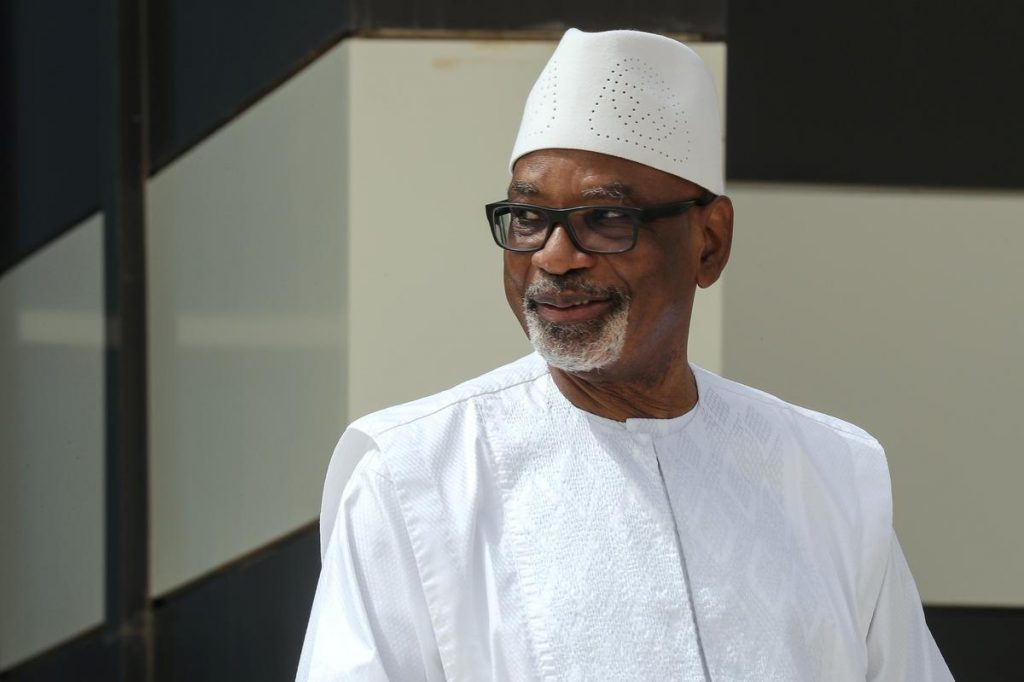Mali President Ibrahim Boubacar Keita resigned on Tuesday and dissolved parliament hours after mutinying soldiers detained him at gunpoint, plunging a country already facing a jihadist insurgency and mass protests deeper into crisis.
Looking tired and wearing a surgical mask, Keita resigned in a brief address broadcast on state television after troops seized him along with Prime Minister Boubou Cisse and other top officials.
“If today, certain elements of our armed forces want this to end through their intervention, do I really have a choice?” he said from a military base in Kati outside the capital Bamako where he had been detained earlier in the day.
It was not immediately clear who was leading the revolt, who would govern in Keita’s absence or what the mutineers wanted.
Images posted earlier on social media said to be taken at the Kati garrison showed Keita and Cisse surrounded by armed soldiers. Reuters could not verify the authenticity of the videos.
Mali has seen months of protests against alleged corruption and worsening security in the West African country where Islamist militants are active, and there have been calls for Keita to resign.
The M5-RFP coalition behind the protests signalled support for the mutineers’ action, with spokesman Nouhoum Togo telling Reuters it was “not a military coup but a popular insurrection”.
Hundreds of anti-government protesters poured into a central square in Bamako to celebrate and cheer the mutineers as they drove through in military vehicles and fired rounds of celebratory gunfire.
A mutiny in 2012 at the same Kati base led to a military coup that toppled then-President Amadou Toumani Toure and hastened the fall of Mali’s north to jihadist militants.
French forces intervened the following year to beat them back. But the militants have since regrouped and expanded their influence into neighbouring Burkina Faso and Niger, attacking soldiers, civilians and Western tourists.



